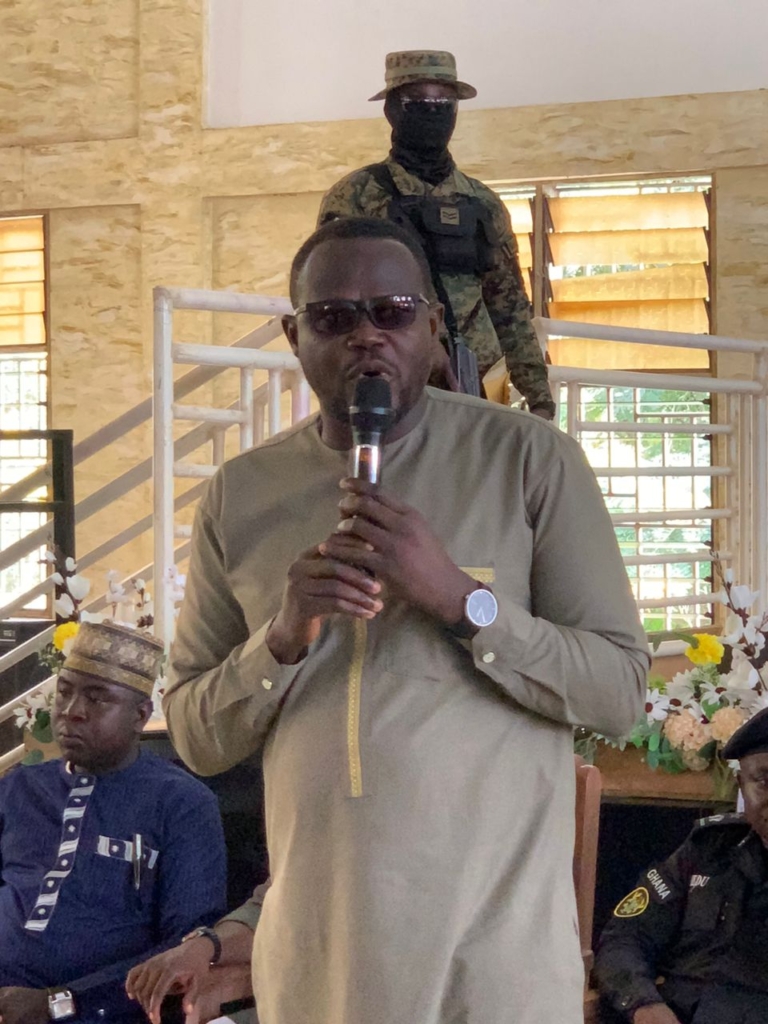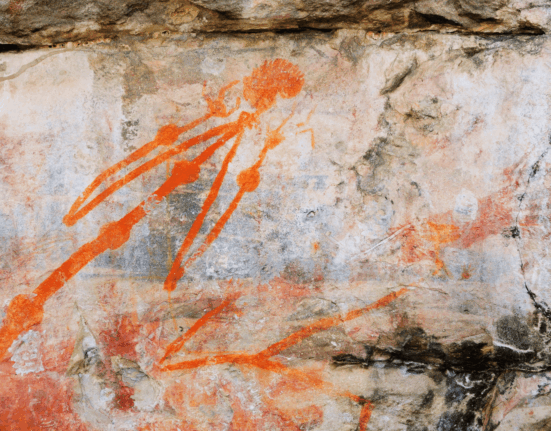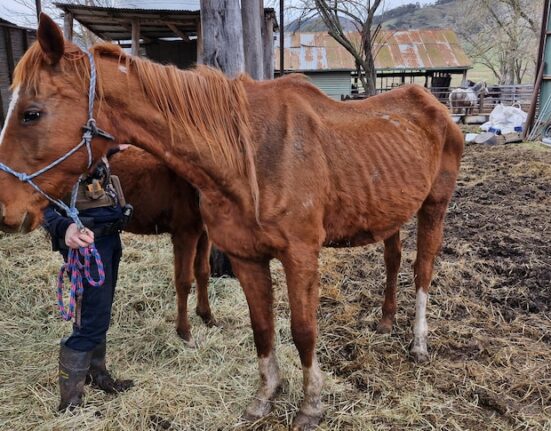In the heart of Nkwanta South, a municipality fraught with conflict and tension, Joseph Kwame Antwi Awal, the Municipal Chief Executive, stands as a beacon of hope, urging all factions to abandon the path of violence and embrace dialogue for peace. The stakes are high, with the very essence of development hinging on the restoration of harmony and tranquility in the region.
Against a backdrop of simmering animosity and deep-seated grievances, the call for peace resonates with urgency and necessity. Awal’s plea is not just a mere suggestion but a clarion call for a fundamental shift in the way conflicts are resolved in this embattled enclave. It is a plea for reason to prevail over rage, for dialogue to triumph over destruction.
As the shadows of discord loom large over Nkwanta South, the need for a resolution that is lasting and sustainable becomes ever more pressing. The Municipality finds itself at a crossroads, where the choices made today will reverberate for generations to come. The decision to eschew violence in favor of dialogue is not just a pragmatic one but a moral imperative that speaks to the very core of our shared humanity.
Awal’s words carry weight not just as a call for peace but as a declaration of faith in the power of dialogue to heal wounds and mend broken relationships.
In a world where conflicts often escalate into full-blown crises, the importance of proactive peacemaking cannot be overstated. Awal’s stance exemplifies a leadership that is not only responsive to the immediate needs of the community but also visionary in its approach to fostering lasting peace and reconciliation.
The path to peace is often fraught with obstacles, resistance, and skepticism. However, it is precisely in the face of such challenges that true leadership shines brightest. Awal’s unwavering commitment to peace underscores the transformative potential of dialogue as a tool for conflict resolution and community-building.
As tensions simmer and grievances fester, the choice between dialogue and violence becomes a defining moment in the history of Nkwanta South.
The conflict in Nkwanta South is not just a local issue but a microcosm of the larger challenges facing communities around the world. The ability to transcend differences, bridge divides, and forge common ground through dialogue is a skill that is sorely needed in today’s polarized and fractured societies.
Awal’s appeal for peace is a testament to the power of leadership to inspire change, to ignite hope, and to sow the seeds of a more peaceful and prosperous future for all. It is a reminder that in the face of adversity, it is not the weapons we wield but the words we speak that have the power to shape our destiny.
In the final analysis, the choice between dialogue and violence is not just a practical one but a moral imperative that demands our collective attention and action. Awal’s call for peace is a challenge to us all to rise above our differences, to embrace our common humanity, and to choose the path of dialogue over the destructive allure of guns.
Ultimately, the true measure of our humanity lies not in our ability to inflict harm but in our capacity to heal, to reconcile, and to build a future where peace reigns supreme.









Leave feedback about this